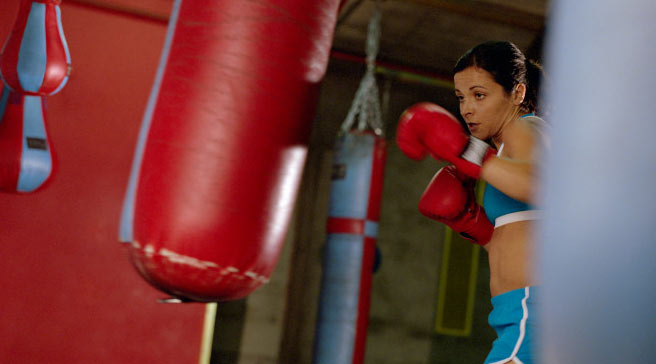Learn resilience
Setbacks should never be seen as a failure, says Anna Moore, but instead as a valuable lesson that can only make us stronger

Being realistic
‘It is important not to see things in black and white,’ says psychotherapist Sue Cowan-Jenssen. ‘Don’t assume that, if something isn’t a total success, then it must be a total failure. Is the meaning you are giving it actually realistic? ‘One way of gauging it is to ask yourself if a friend were going through this instead, what would you tell them? There could have been aspects that worked well, and aspects that didn’t. There could have been a myriad of causes beyond your control. So why are you judging yourself so harshly in comparison?’
Challenging negativity
According to Cowan-Jenssen, women are particularly prone to taking things personally. ‘It is a generalisation,’ she says, ‘but women do seem more inclined to catastrophise, to allow setbacks to shake their sense of self. If we go back in time, it has always been more important for a woman to be lovable – and we still suffer the remnants of that.’ Cognitive behaviour techniques can be an effective means of challenging spiralling negativity. With each setback, question your responses. ‘If you think you are a failure, then what do you mean?’ asks Cowan-Jenssen. ‘As a mother? As a friend? As a colleague? Think of a better perspective, a more helpful perspective. ‘What are you going to learn from it? Who do you know who has had a setback and come out stronger – and why shouldn’t that happen to you? Being seen as someone who can overcome difficulties and challenges can be useful.’
Rise to the challenge
Life will not stop throwing challenges at us, says Cecilia d’Felice, so developing resilience is essential to weather the storms of our experience. When have you shown resilience? Identify a time in your life when you were faced with something challenging, then answer the following questions:
- In the past I faced… and was able to overcome it by…
- Overcoming this challenge showed me that I had these qualities that I care about…
- I surprised myself when I…
- If faced with the same challenge, I now know that I could…
- The most important thing I learned from this challenge was my ability to…
Identify confident, resilient role models
In your journal note down any role model from the past or present who exemplifies the qualities you admire and would like for yourself. When your confidence is slipping, think of your role model and ask yourself what they would do. In this way, you can internalise a protective mentor, who can inspire you to tap in to your resilience and step in to a more positive attitude to see you through the challenges you face. ‘What are you going to learn from it? Who do you know who has had a setback and come out stronger – and why shouldn’t that happen to you? Being seen as someone who can overcome difficulties and challenges can be useful.’
Identify problems as opportunities
This exercise should help you discover your innate resilience and how to tap in to it on a daily basis, says Cecilia, helping to reaffirm your commitment to building confidence daily. The characteristics of resilience include being able to bounce back from adverse situations and having a ‘can do’ attitude to life. Explore the following questions and give examples for each. In this way you will begin to see that your resilience is already present – it just needs acknowledging and reactivating.
Identifying opportunities to develop resilience:
- Do I see problems as opportunities? Give examples…
- Can I cope when life gets tough? Give examples…
- Can I be flexible in different situations? Give examples…
- Do I make the most of what comes my way? Give examples…
- Do I have things in my life that give it meaning? Give examples…
- Do I have a warm and nurturing social support network? Give examples…
If you find you are unable to answer positively to any of these questions, do not despair. Imagine instead what it would take to produce a positive response and then identify the steps required to get you to where you want to be.








